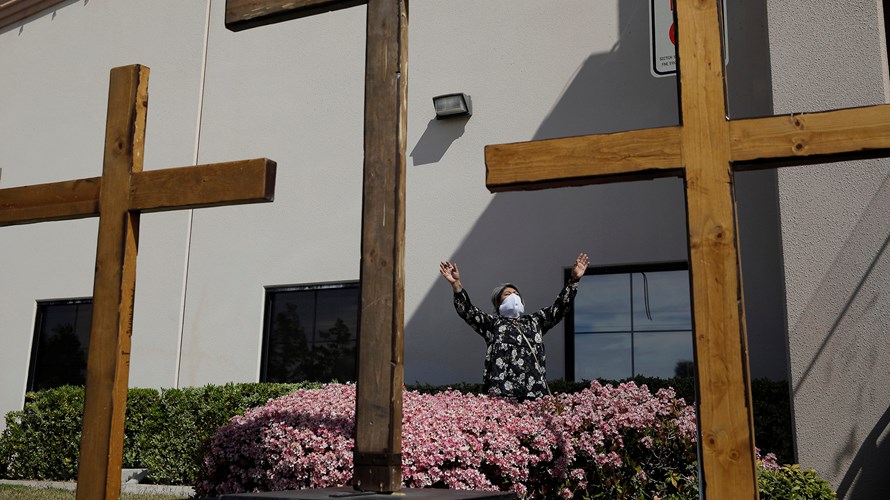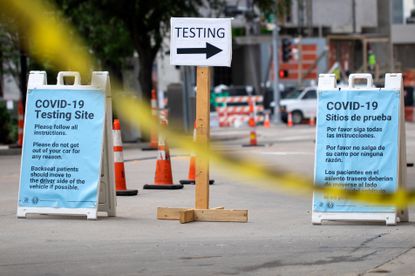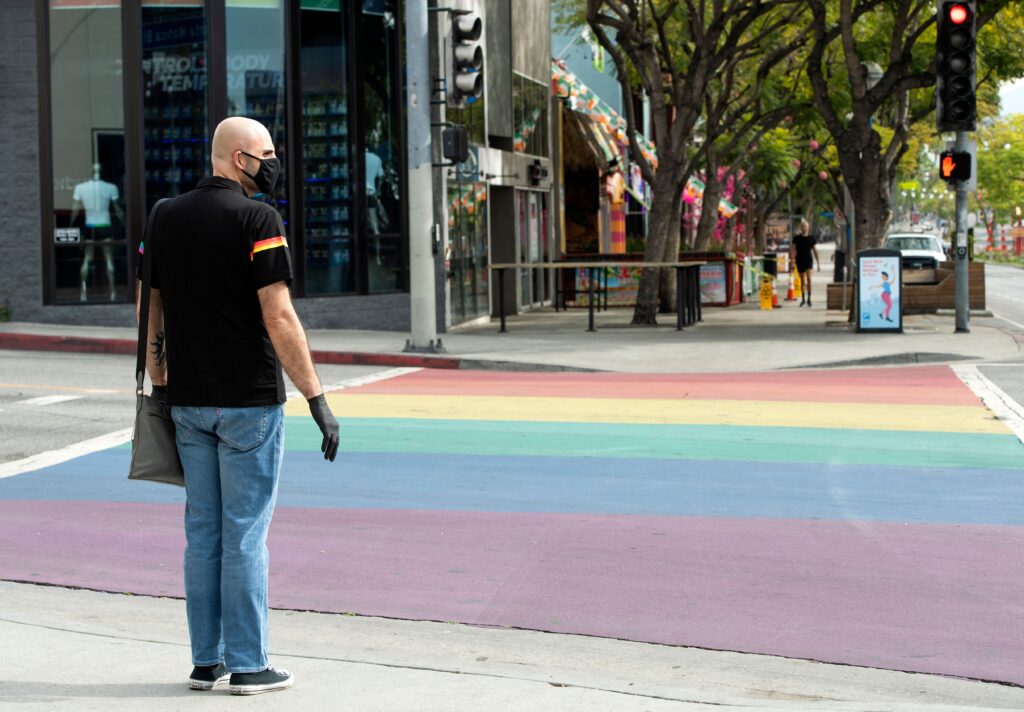Nevada Defends Church Attendance Cap in U.S. Appeals Court
Written by Sunlight Radio America on July 3, 2020

RENO, Nev. (AP) — Lawyers for the state of Nevada say the 50-person cap placed on worship services due to the coronavirus doesn’t infringe on constitutional protections of religious freedom because it doesn’t target anyone’s ideology or opinion.
“The right to practice religion freely does not include liberty to expose the community … to communicable disease,” the state argued in documents filed this week in the 9th U.S. Circuit Court of Appeals in San Francisco.
“Temporarily narrowing restrictions on the size of mass gatherings, including for religious services, does not outbalance the health and well-being of Nevada citizens,” it said.
A church in rural Lyon County is appealing after a federal judge upheld the state’s policy — as most U.S. judges have done in other states, with some exceptions. A divided U.S. Supreme Court rejected an emergency appeal by a California church May 29 that challenged state limits on attendance at worship services.
Judge Richard Boulware II in Las Vegas refused repeated requests from Calvary Chapel Dayton Valley to temporarily lift the hard cap and subject churches to the 50 percent capacity rule at casinos, restaurants, bars, gyms, amusement and water parks.
The church east of Reno is seeking an emergency court order from the 9th Circuit prohibiting enforcement of the cap while the appeal is pending. Church leaders say it treats them more severely than casinos and other secular activities in violation of the Constitution. They want to allow 90 people in the 200-capacity sanctuary.
“Unless this court intervenes, Nevada will continue putting a thumb on the scales against the free exercise of religion,” the church’s lawyers wrote in the June 22 appeal.
Nevada’s lawyers say the U.S. Supreme Court repeatedly has recognized that the Constitution reserves power to the states to regulate public health, safety and morals.
“If the orders do not target religion, the First Amendment has not been offended,” they wrote.
Lawyers for the state said complaints that mass gatherings must be treated the same as every aspect of commerce “have been rejected by numerous courts throughout the United States, including the Supreme Court and the Ninth Circuit.”
Click here to read more.
Source: Baptist Press







